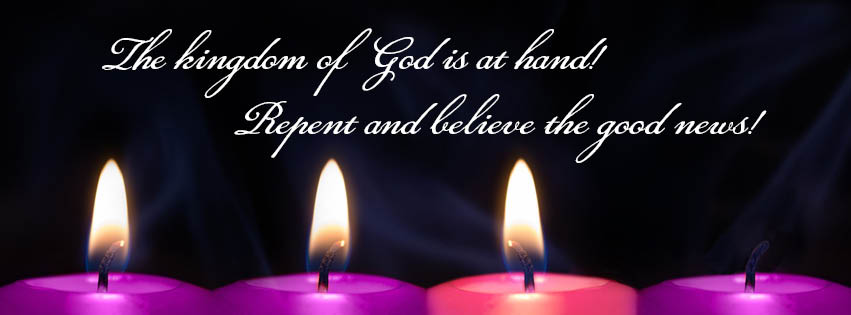Sister Elise Saggau
Prophetic voices are not always warning about catastrophes. Because a prophet knows something about God, prophetic announcements say something about God’s future as well as ours. The prophet knows that God is the one who saves and that God always does save. This does not mean that God will prevent disasters from happening in our human situations. It means that in our human situations God will always be with us to see us through and that there will always be a “through.” It is true that, no matter how profoundly dark things seem, on the other end of darkness there will always be light. Of course, this is not a completely consoling teaching. God’s promise never guarantees that we will not have to undergo pain and loss. Jesus, obviously, does not provide an image of a human life that is free of affliction. Following Jesus means following him to the end. It necessarily involves suffering and death. The Christmas crib can never be separated from the Cross.
Patrick Ryan says: “We try to force God into categories of the past, ours and God’s. In Advent we are called to look forward to God’s future and our future with God.” We need to remember that ultimately we are not in charge of our world, of our communities, of our own personal lives. We are certainly not in charge of our future. We need to see and understand how much we depend on something greater than ourselves. God’s freedom is a mysterious reality that is always beyond us. We are profoundly moved when we think how we ourselves were “chosen” by a God who is perfectly free and did not need to create us, nor to create anything at all. We understand that this free God did not need to make any kind of promises to us. And yet we believe that this loving God did freely choose to create us and promises to be and will be faithful.
So God is indeed coming, but God is patient. God keeps giving us another chance. St. Peter tells us: “The Lord is not slow about his promise, as some think of slowness, but is patient with us, not wanting any to perish, but all to come to repentance” (2 Pet. 3:9). So even as we wait and hope for the coming of our God, God is here, active in our very midst in ways that we cannot even imagine. God is here, suffering with us and for us. The Spirit of God is working in our midst in ways that we do not understand. The Spirit is not among us to fulfill our own personal agendas, to make life secure and comfortable for us, to fill our toy box, so to speak. The Spirit is not Santa Claus. But the Spirit accompanies us as we participate in the event of God’s coming. It is we who have to change, to empty out the clutter, to make room for God. Allowing God to change our hearts is not easy, not something we can accomplish by ourselves. The Spirit’s desire to change us is not an announcement of bad news. It is an invitation to become more aware of the good news that is always heading our way. The coming of our God happens every single day—in small ways and in great ways, in ways we understand and in ways we do not understand.
But afterwards, after we have opened ourselves to receive this “new thing” that is always coming to us, we understand that we have been led to a new place. In this new place, there is greater breadth, greater wisdom, greater understanding, greater compassion, and greater sweetness. The fact is, God does the hard part for us. St. Paul writes: “May the God of hope fill you with all joy and peace in believing so that you may abound in hope by the power of the Holy Spirit” (Rom. 15:13). It is not our power. It is the power of God’s own Holy Spirit at work within us—a power that is always with us and yet always on its way to us.


